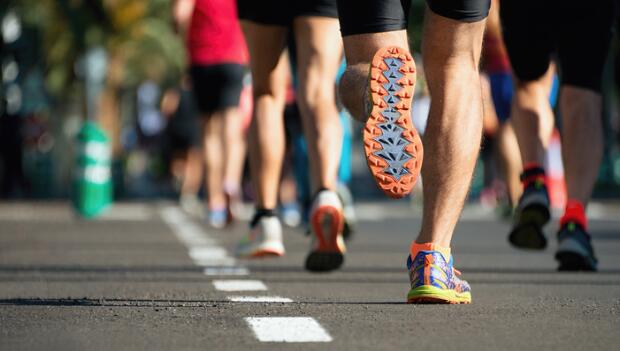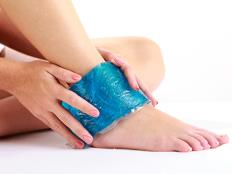
Respect
Tackling 26.2 miles is a long way to run. Respect the distance and prepare for it. Confidence comes from being prepared.
More: Last-Minute Marathon Tips for Race Day
Pace
The best way to run your fastest possible race is by starting out at the pace you can maintain the entire race. So run the first mile at the pace you expect to average for the whole marathon. You can't put running time in the bank. You will end up losing more time in the end than what you gained by being "ahead of schedule" in the beginning. No matter how strong your will is, the metabolic condition caused by running too fast too early will force you to slow down during subsequent stages of the race.While it may feel easy, especially in the marathon, to run the first mile of your race at the same pace as the last, your patience will pay huge dividends during that last mile. Ideally, the second half of your race should be equal to or slightly faster than the first half. This requires accurate knowledge of your fitness level, confidence to stick to your plan when others have taken the early pace out too fast, and a good dose of self-restraint. Your workouts are invaluable for providing you with knowledge of your fitness level and for predicting your average race pace.
More: How to Find a Race Pace That Works
Sugar
Research has shown that fatigue can be delayed if simple carbohydrates (e.g., glucose and sucrose) are consumed during exercise. The carbohydrates should be easily digestible so they are absorbed quickly into the blood. Carry Gu packs or other gels or pick them up at an aid station and start ingesting them before you feel fatigued.
More: Create Your Marathon Nutrition Plan
Water
Despite all the recent attention given to hyponatremia (a decreased blood sodium content due to drinking too much water), the opposite problem—dehydration—is a much bigger issue. Water is vital for many chemical reactions that occur inside our cells, including the production of energy. When you sweat, you lose body water that can affect cellular processes. Also, your blood volume decreases and becomes thicker if you don't replace fluids. The result is a lower stroke volume, cardiac output and, ultimately, a decreased oxygen delivery to your muscles. Your running performance starts to decline with only a 2 to 3 percent loss of body mass due to fluid loss.
- 1
- of
- 2
About the Author

Get ACTIVE on the Go


Couch to 5K®
The best way to get new runners off the couch and across the finish line of their first 5K.
Available for iOS | Android






Discuss This Article